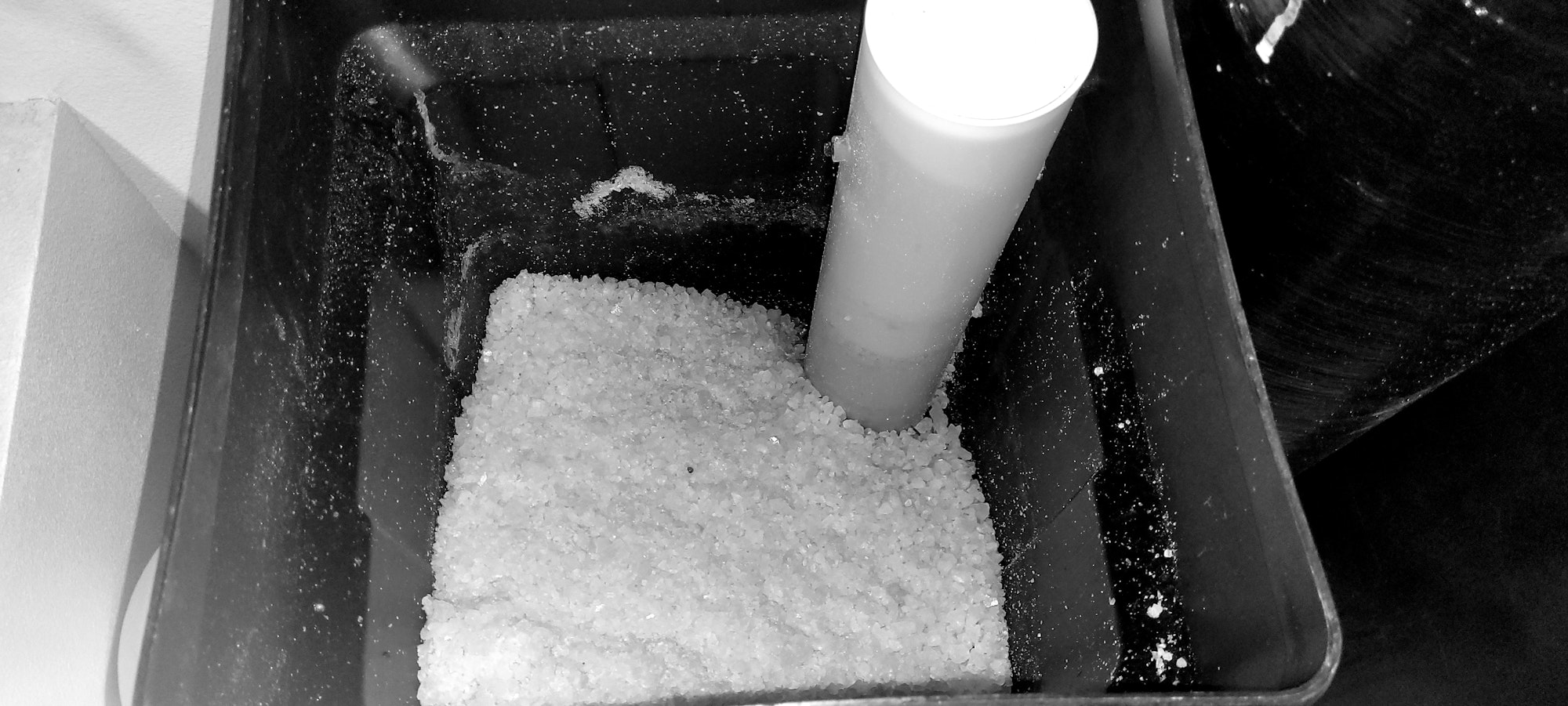How Often To Perform Water Softener Maintenance (2024)

This blog will cover the importance of regular water softener maintenance, how often it should be performed, and provide actionable tips for keeping your unit in optimal condition. We’ll also discuss the benefits of consistent maintenance and how it can extend the lifespan of your water softener.
Introduction
Water softeners play a crucial role in ensuring your household water is free from hard minerals that can cause scale buildup and damage to your plumbing and appliances. However, to keep your water softener working efficiently, regular maintenance is key. But how often should you be performing these maintenance tasks? Let’s delve into the details to ensure your water softener remains in peak condition.
Why Regular Water Softener Maintenance is Important
Just like any other home appliance, your water softener requires regular upkeep to function correctly. Proper maintenance helps:
- Ensure Efficient Performance: Regular checks and cleanings prevent blockages and maintain the efficiency of the unit.
- Extend Lifespan: Well-maintained water softeners last longer, saving you money in the long run.
- Prevent Hard Water Problems: Consistent maintenance ensures your water softener continues to remove minerals effectively, preventing scale buildup in your pipes and appliances.
How Often Should You Perform Water Softener Maintenance?
The frequency of water softener maintenance depends on several factors including the type of water softener, water hardness, and your household’s water usage. Here are some general guidelines:
Monthly Maintenance
- Check Salt Levels: Ensure the brine tank has enough salt. Ideally, the salt level should be above the water level. Add more salt if necessary, and use the type recommended by your water softener manufacturer.
- Inspect for Salt Bridges: Salt can sometimes form a hard crust, or bridge, in the brine tank. Break up any salt bridges you find to ensure the softener can regenerate properly.
For more detailed instructions on how to manage salt levels and inspect for salt bridges, refer to our Water Softener Maintenance Guide.
Quarterly Maintenance
- Clean the Brine Tank: Every three months, clean the brine tank to remove any buildup of salt sludge. Empty the tank, clean it with a mixture of water and soap, rinse thoroughly, and refill with fresh water and salt.
- Check for Blockages: Inspect the valves and nozzles for any blockages or clogs. Clean them if necessary to maintain optimal water flow.
For a comprehensive look at maintaining your brine tank and checking for blockages, visit our Benefits of Whole House Water Softeners page.
Annual Maintenance
- Resin Bed Cleaning: Over time, the resin bed in your water softener can become fouled with iron and other contaminants. Use a resin bed cleaner annually to restore the resin’s effectiveness.
- Inspect the System: Check the entire system for wear and tear, and replace any worn-out parts. It’s also a good idea to schedule a professional inspection annually to ensure everything is working properly.
Tips for Maintaining Your Water Softener
- Use High-Quality Salt: Opt for high-purity salt to minimize the buildup of impurities in your brine tank.
- Monitor Water Hardness: Regularly test your water hardness to ensure your water softener is working correctly. If the water feels hard, it may be time for a manual regeneration or maintenance check.
- Regular Regeneration: Ensure your water softener regenerates regularly. Some units do this automatically, while others may need manual intervention.
Benefits of Consistent Water Softener Maintenance
Performing regular maintenance on your water softener offers numerous benefits:
- Improved Water Quality: Consistent maintenance ensures that your water remains soft and free of hard minerals.
- Cost Savings: By extending the lifespan of your water softener, you save on costly repairs and replacements.
- Energy Efficiency: Well-maintained water softeners operate more efficiently, reducing energy consumption and lowering utility bills.
Conclusion
Regular water softener maintenance is essential for ensuring the longevity and efficiency of your unit. By following a consistent maintenance schedule—monthly, quarterly, and annually—you can keep your water softener in top shape, enjoy better water quality, and save money in the long run.
Frequently Asked Questions
How do I know if my water softener needs maintenance?
Signs include hard water spots, changes in water taste, reduced water pressure, and salt buildup in the brine tank. For more details, check out What is Hard Water?
Can I use any type of salt in my water softener?
It’s best to use the type of salt recommended by your water softener manufacturer.
What happens if I don’t maintain my water softener?
Lack of maintenance can lead to inefficient operation, scale buildup in your plumbing, and potentially costly repairs or replacements.
Is professional maintenance necessary?
While regular self-maintenance is crucial, an annual professional check can help identify and fix issues you might miss.
How long should a water softener last with proper maintenance?
With proper maintenance, a high-quality water softener can last between 10-15 years.
Stay Informed with Patriot Water Insights!
Join our mailing list to receive the latest tips, updates, and exclusive offers on water softening and filtration solutions directly to your inbox.

How Long Do RV Water Softeners Last (2024)
RV water softeners typically last between 7 to 10 years, depending on factors like quality, frequency of use, maintenance, and water hardness levels. Proper care can extend their lifespan, ensuring soft water for your travels. For more details and maintenance tips, read our full guide on enhancing your RV water quality.

Why Is Maintaining Your Water Softener Important?
Regular maintenance is key to ensuring your water softener operates efficiently and lasts for years. In this blog, we’ll explore why annual water softener maintenance is essential, the benefits it offers, and what key tasks should be included in your maintenance routine. Keep reading to learn how to keep your water softener performing at its best.
